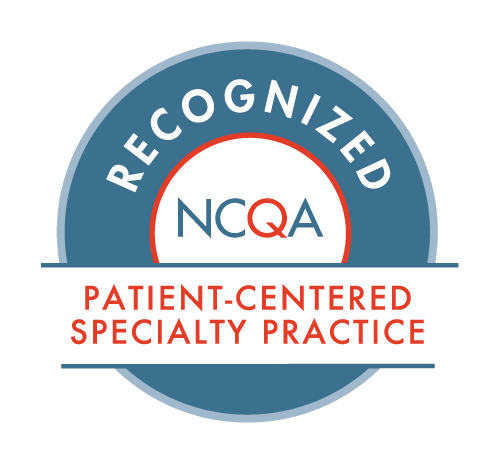Your Heart Isn’t Supposed to Flutter
- Posted on: Aug 15 2018
Movies and songs are always hoping our hearts flutter.
Our cardiologists and specialists at Hunterdon Cardiovascular hope those flutters are simply the stuff of entertainment, not reality. We’re more concerned with what is known as atrial flutter, which occurs in the right atrium. While atrial flutter itself is not life threatening, if left untreated it can lead to atrial fibrillation and stroke.
Here’s how we diagnose atrial flutter and treat it at Hunterdon Cardiovascular.
What is atrial flutter?
Atrial flutter occurs when an abnormal conduction circuit develops inside the right atrium. When this happens it allows that right atria to beat very fast, around 300 beats per minute. At the same time the lower chamber of the heart, the ventricles, beat at a slower rate of around 75 to 100 beats per minute.
This type of rhythm is called tachycardia. In atrial flutter, it is more specifically known as supraventricular (above the ventricles) tachycardia.
What is dangerous about atrial flutter?
So, what’s the big deal. Wouldn’t a rapid heartbeat simply circulate my blood faster? Wouldn’t that make me function at a higher level in sports and exercise? Not exactly. The problem with the heart when it beats too quickly is that it actually doesn’t pump blood as well. Think of a bellows for stoking your fire in your home on a cold New Jersey January night. If you pump it very quickly, the bursts are smaller and uneven. When you pump it fully, yet at a slower rate, the airflow is strong and even.
This ineffective blood flow moves the blood more slowly. This is a perfect way to create blood clots, and these clots can travel to the brain and lead to a stroke. Vital organs such as the brain and the heart muscle may not get enough blood, due to this uneven pumping. This can lead to congestive heart failure, heart attack, and stroke.
Who gets atrial flutter?
Atrial flutter occurs most commonly in elderly patients. People with high blood pressure, as well as heart disease or congenital heart abnormalities are more prone to developing atrial flutter. Atrial flutter can come and go. This is known as paroxysmal atrial flutter. Less frequently, the condition is almost permanent.
Symptoms of atrial flutter
- Palpitations
- A fluttering or tremor-like feeling in the chest
- Shortness of breath
- Anxiety
For those with heart or lung disease, these more significant symptoms can occur:
- Chest pains
- Feeling faint or light-headed
- Fainting
Treating atrial flutter
The team at Hunterdon Cardiovascular treats atrial flutter with various types of medications, as well as catheter ablation, depending on the patient. For most patients we can stop the flutter and get them back to a normal heart rhythm.
Do you think you may have atrial flutter or another arrhythmia? Call us at (908) 788-1710 to schedule a consultation at either our Flemington, Clinton, or Bridgewater offices.
Posted in: Cardiovascular Diseases



